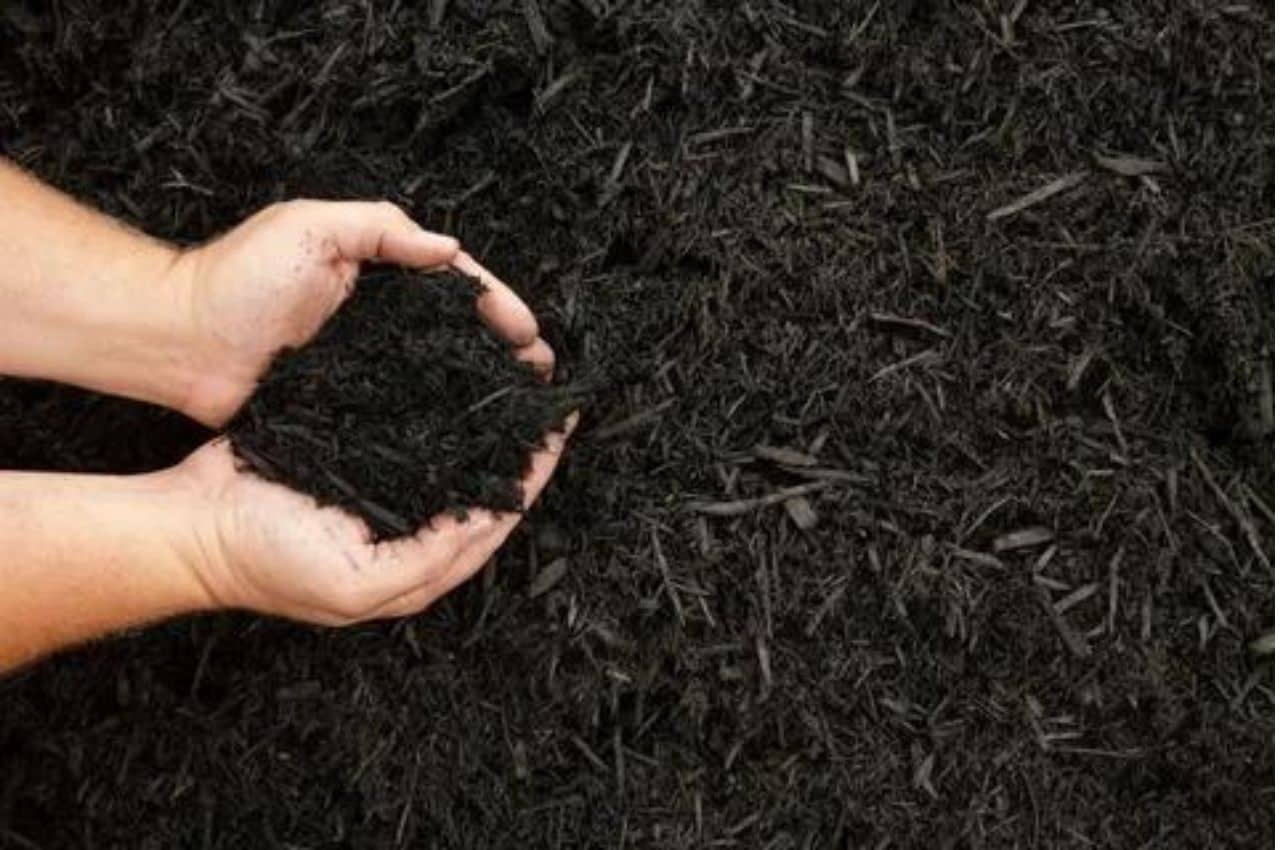Mulching materials can help improve plants’ growth in your lawn by regulating soil temperatures. A good landscaping mulch should cover your yard soil to prevent erosion and weed growth. Here are nine types of mulch that landscapers can use for your garden:
Grass
Landscapers apply clippings of compost grass on lawns to promote better soil moisture conservation. The decomposition of this mulching material adds more natural nutrients to gardens. This may minimize the use of non-organic fertilizers and save on related expenses.
Sawdust
Sawdust mulch can help save you money, as it is affordable. This landscaping material is also easy to apply because of its lightweight nature. Sawdust mulch is acidic and can help neutralize your yard soil’s pH levels.
Rubber Mulch
Rubber mulching materials provide value for money, as they are affordable and durable. They are ideal for business properties, as they can withstand high foot traffic. Lawn care professionals apply recycled rubber mulches because they are eco-friendly and convenient to maintain.
Crushed Stones
The varying gravel colors can help make your home’s flower bed look more attractive. Pebbles are quite heavy and not easily washed away during rainy seasons. Layers created by stone chippings help mitigate the spread of weeds and pests. Crushed stones eliminate the need for frequent re-mulching, as they last long. They also create air spaces that promote better water drainage. Apply this mulch in the spring or fall to protect your lawn from mold.
Wood Chips
Wood chip mulching materials are versatile because of their varying textures and sizes. They are ideal for flower beds because they decompose quickly and retain soil moisture. Add this mulching material around your yard’s trees for an organic nutrient supply.
Leaves
Landscape cleanup experts shred fallen leaves before using them to cover lawn soil. This makes the mulching process more convenient because you may be able to get the leaves from trees in your yard. Apply leaf mulch on your garden bed to attract beneficial soil organisms and prevent plant root diseases.
Garden Compost
Garden compost is an organic mulch that helps improve the structure of lawn soils. This mulching material absorbs rainwater effectively and facilitates soil processes like microbial activity. Abnormal lawn plant coloration or leaf yellowing may signify the need for compost mulching.
Seashells
Crushed landscaping seashells may improve the style and aesthetics of your home’s yard. Seashell mulches contain calcium to promote soil structure stability and better plant growth in the spring. These mulches suit homes in dry areas, as they are susceptible to moss growth.
Plastic Mulch
Plastic is a suitable mulching material because it helps insulate lawn soils. This mulch is also flexible since it is replaceable and accommodates drip irrigation methods. Plastic mulch helps improve lawn plant quality by protecting seedlings from UV rays. Use polyethylene plastic for your garden, as it is more affordable, rigid, and durable.
Contact Landscapers Today
Professional landscapers know the best mulch materials to improve your lawn’s health and appeal. Hiring their services contributes to faster and more cost-effective mulching processes. Contact a reputable lawn care expert today for help.


